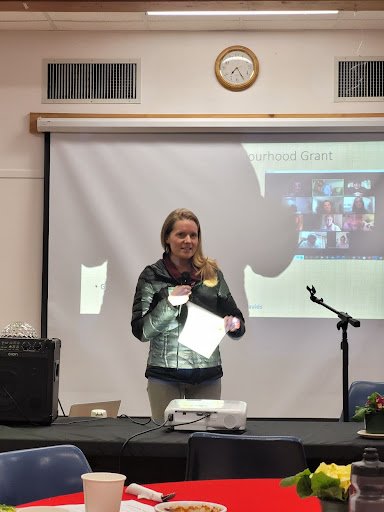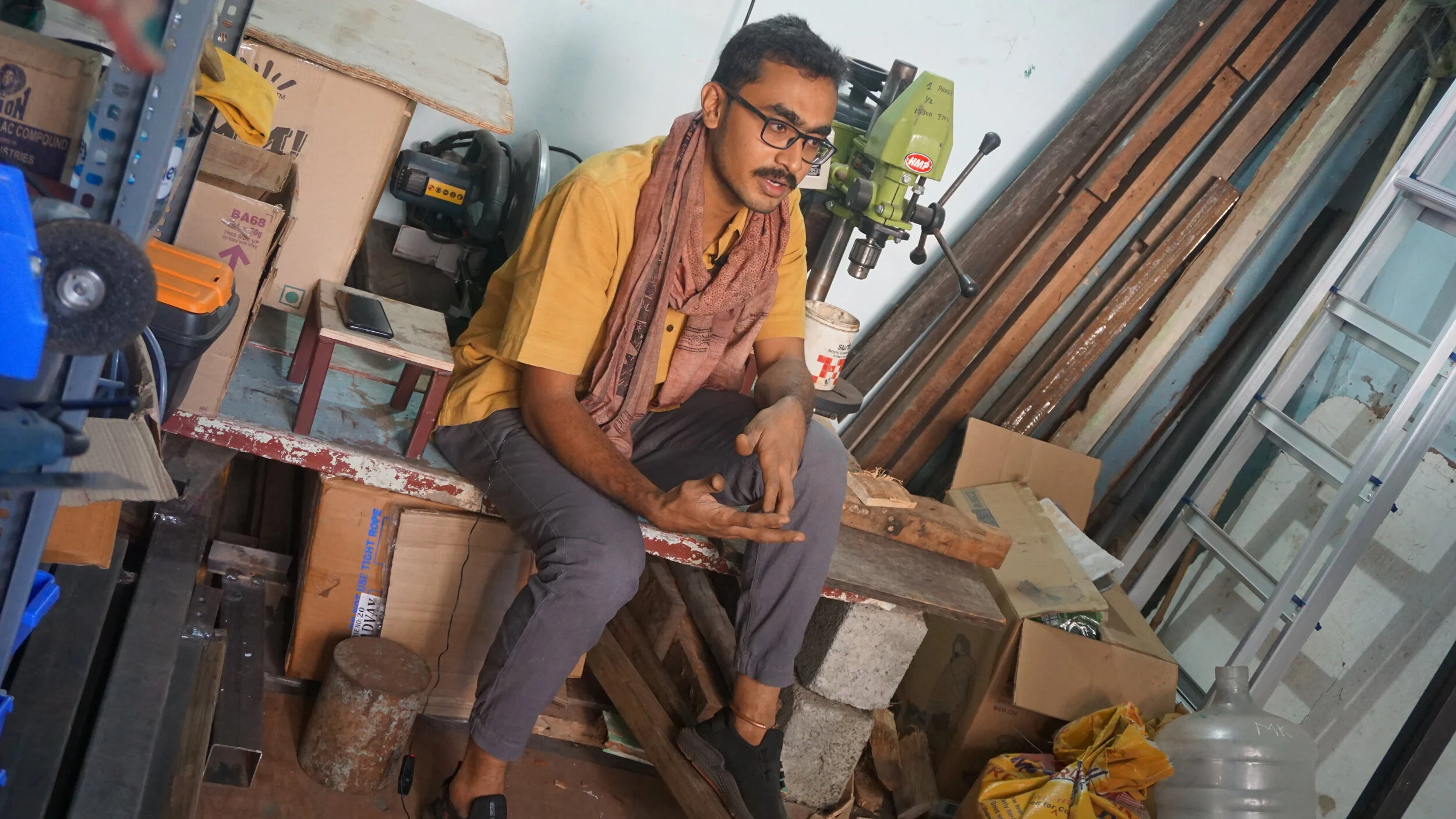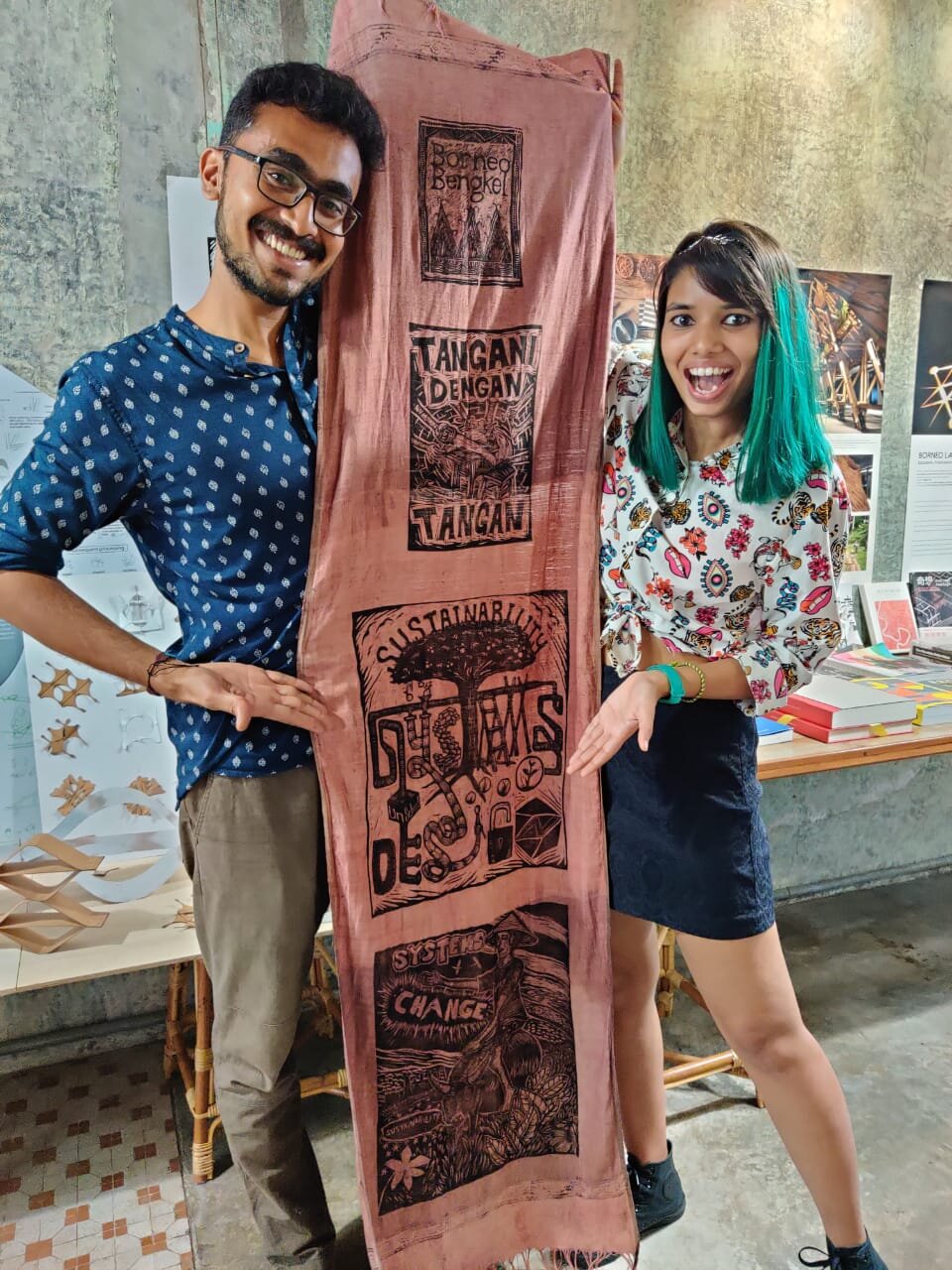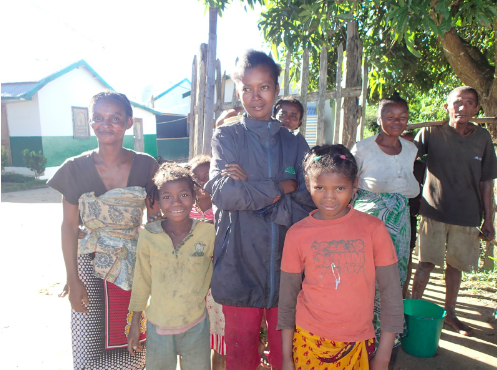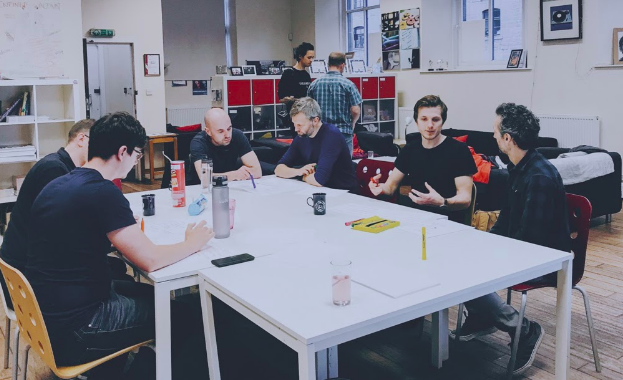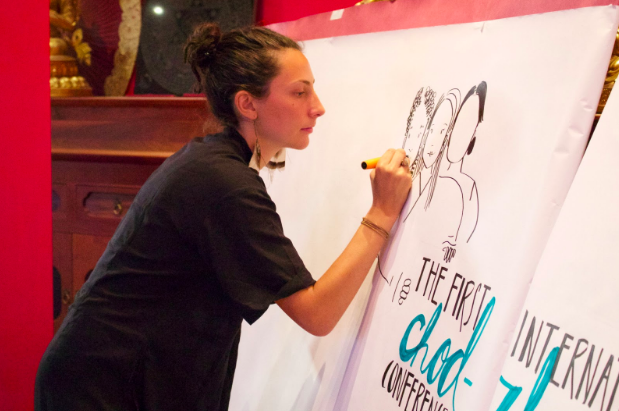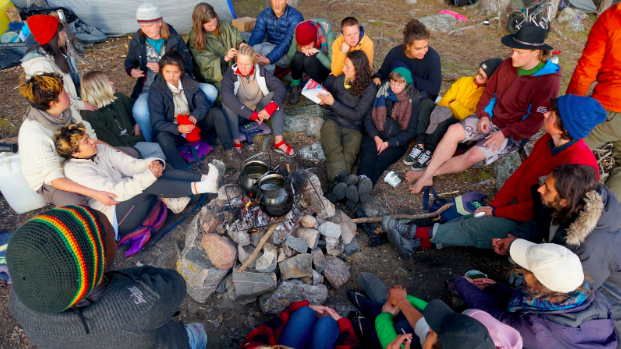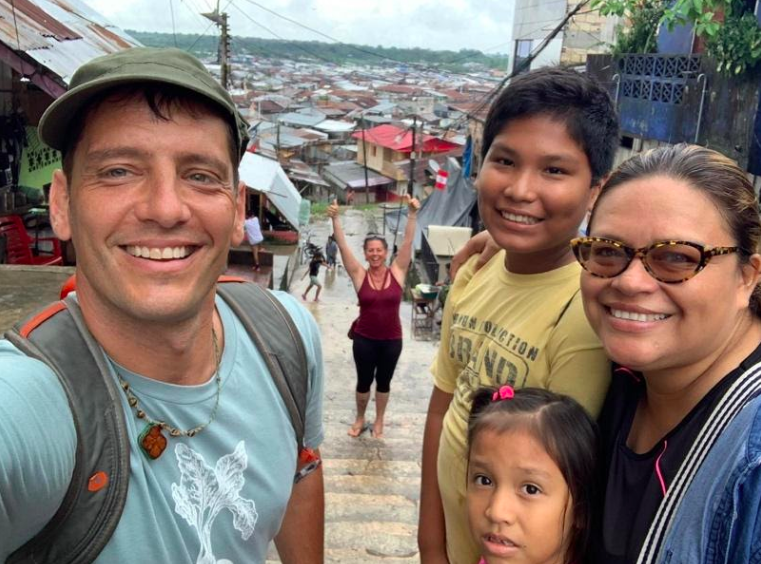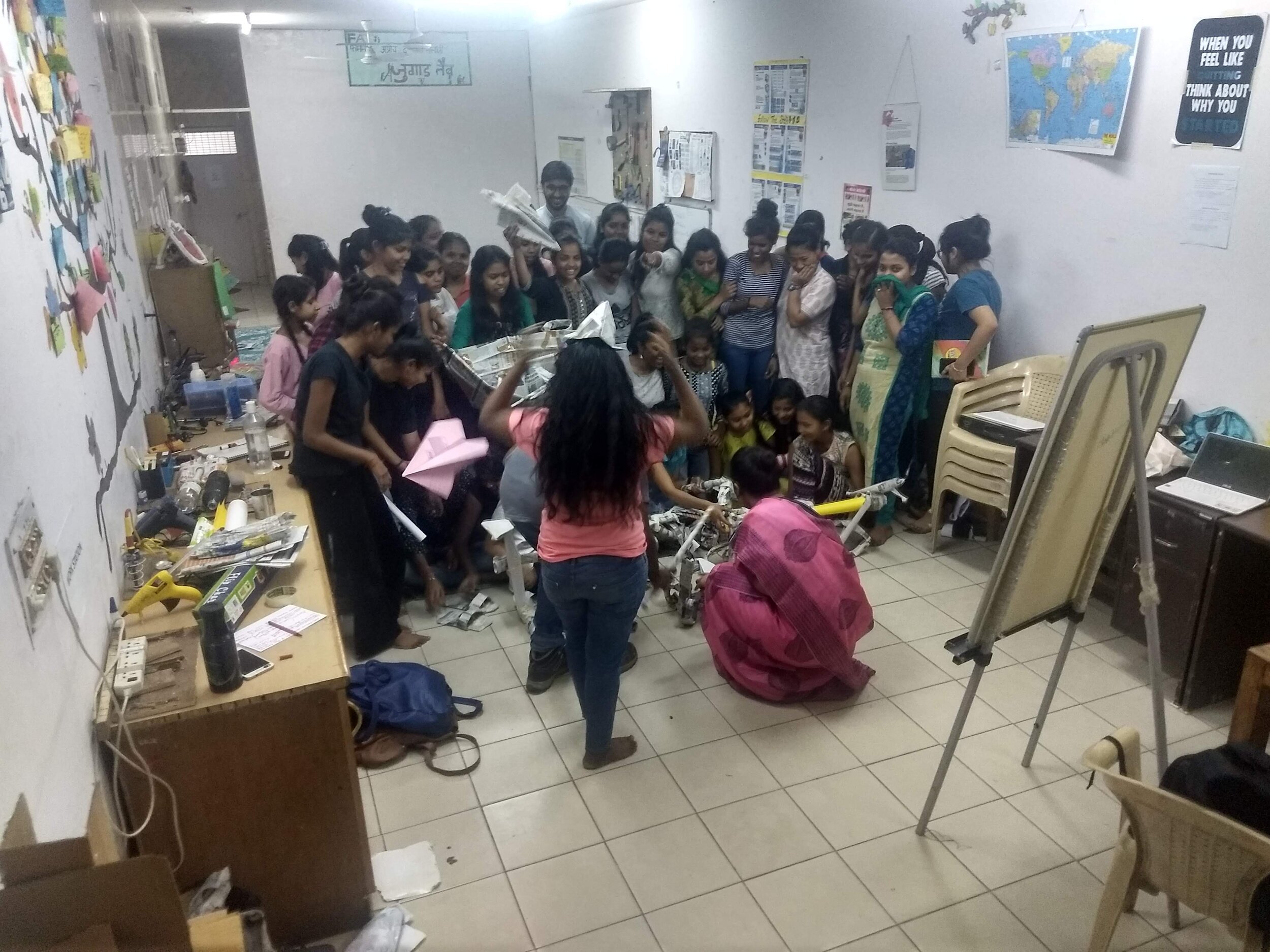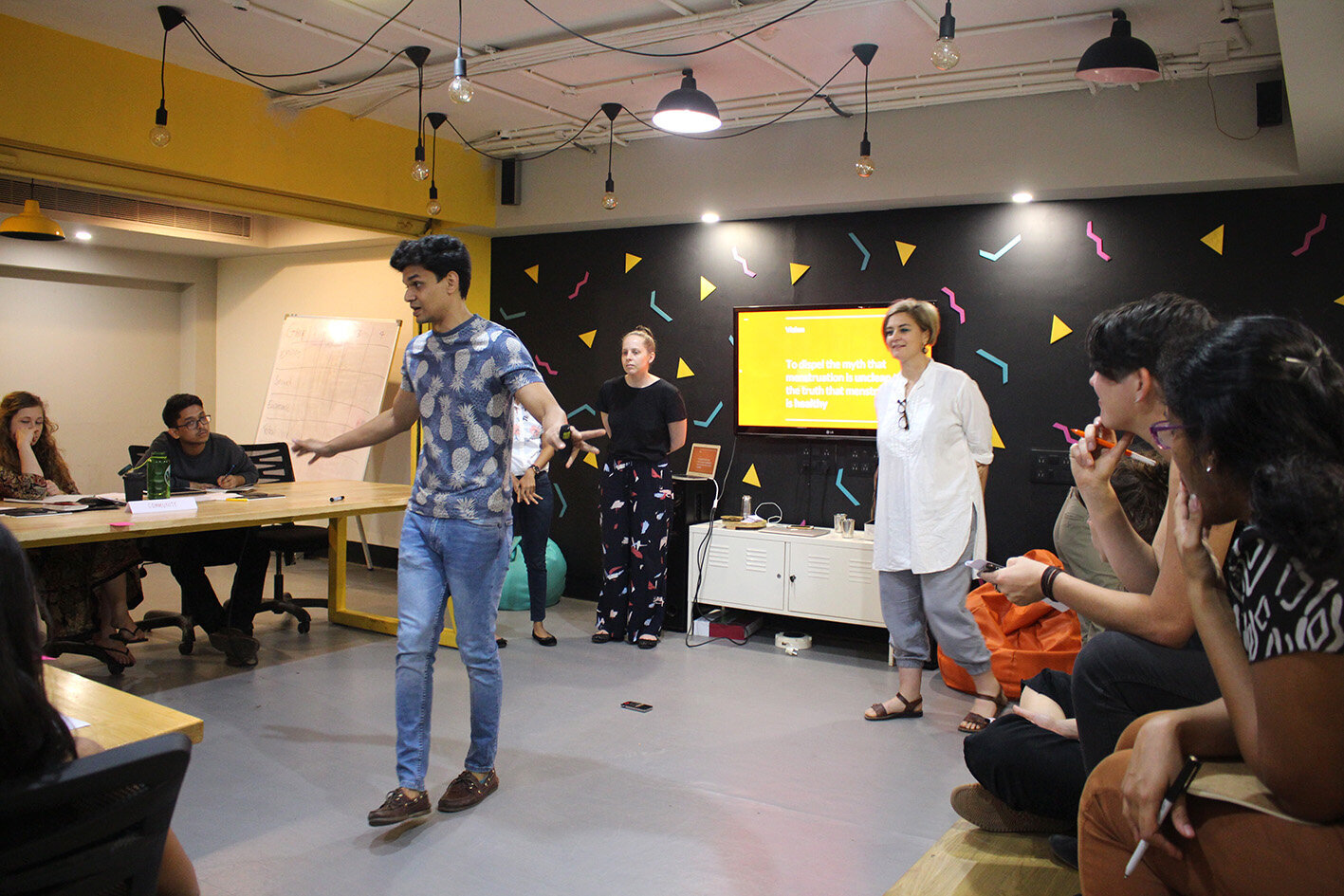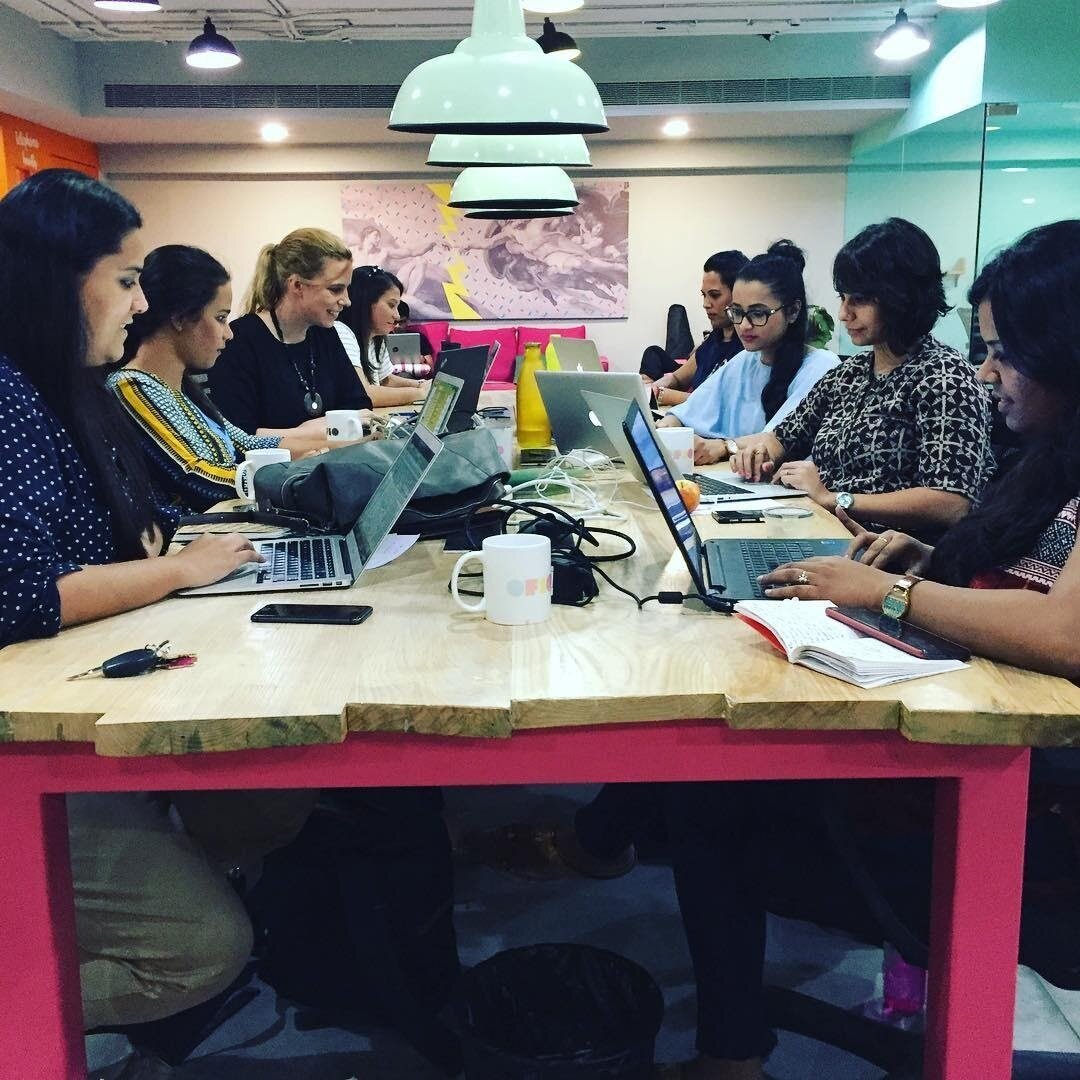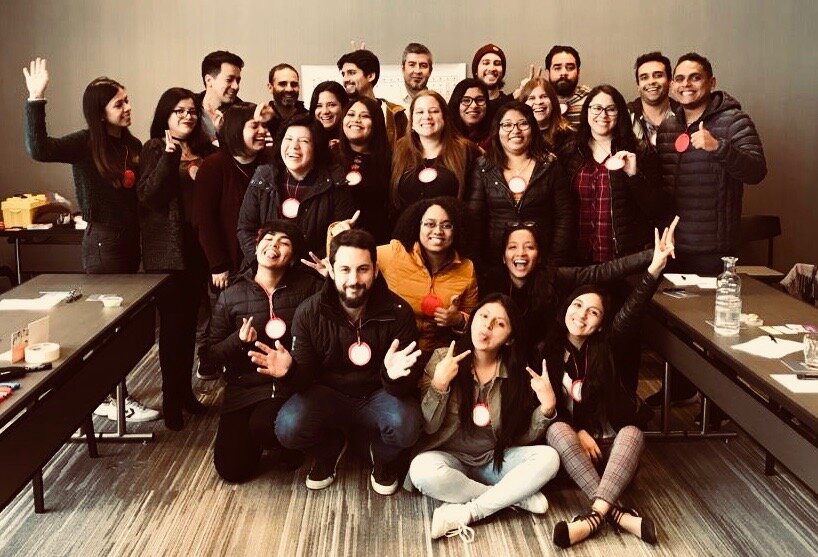Tell us more about your initiatives, and how is it all going?
Studio for Humanscale Technologies
At Studio for Humanscale Technologies (SHST), we work towards providing technology and solutions that can be implemented in rural communities or for the people who work with their hands. This can enable them to do their work more efficiently while also ensuring that technology doesn’t lead to automation that leads to the loss of jobs for these people.
Hence, human scaling the technology is very important so that we understand to what extent the automation or mechanization has to be done so that tools are still under the control of humans.
SHST not only designs, develops, fabricates, tests and implements technology, but it also provides space for those who want to understand the relationship between technology and society.
After the engagement with the UnSchool, I understood that it’s very important to educate and take these ideas to more people. To do this, we are on the verge of opening a center or an institute to share with more people through education, training, skills and courses. Apart from this, SHST has been working on projects in textiles, agriculture, education and human-powered machines.
It is evident that technology is a key driving force behind the outsize influence of our civilisation. Hence, it is essential to embrace human-scale technology, which encourages a sustainable and equitable future. In this context, the studio designs human-scale technologies that empower people and not that enslave. It also provides consultancy services.
The key aspects of such technologies are:
Controlled by artisan:
With the advent of centralized industrialization, people's lives are organized to run the machines continuously for increased profit. In other words, machines are controlling human lives and people have become subordinates. In contrast, human-scale technologies empower people by giving them control over machines. Thus, people won't operate as soulless machines.
Low cost:
Investment is a key factor that determines the level of freedom and disparity in society. As investment costs increase, technology can't be owned by masses. Thus, loss of freedom in turn creates inequality. In contrast, human-scale technologies are low-capital investments and can be owned by masses. Therefore, it enhances people's freedom and encourages equality.
Creative space at work:
Creative element is crucial for enjoying any work. But modernity based on centralisation has kept creative elements only for a selected few, leaving menial work for the rest of the masses. Hence, work is increasingly perceived as burden and drudgery. In contrast, human-scale technologies ensure creative space for artisans and encourage enjoyment at work.
Local maintenance:
Increased shifts towards technological automation makes people depend on others, particularly on manufacturing companies for maintenance and services. As such, artisans lose control over their lives. In contrast, human-scale technologies are designed in such a way that by and large they can be repaired locally.
Efficiency:
An important role of technology is to reduce drudgery. But in today's rush of increasing efficiency, we have reached an era of automation displacing labour and loss of livelihoods. In contrast, human-scale technologies are designed within desirable efficiency that support livelihoods.
Enhancing freedom of artisan:
Freedom is fundamental for human well being. Our civilisation is based on technologies that are beyond human-scale, creating a world of unfreedom. High capital investment, complicated designs and urge for increasing efficiency resulting in centralisation and in turn, loss of freedom for the masses. In contrast, human-scale technologies encourage decentralisation that brings freedom for masses.
Bag’N StorieS
Bag’N Stories is a social enterprise and we mainly address two issues. First, unemployment in rural areas. Through economic activities, it aims to impact rural economies and empower women. Secondly, it addresses environmental issues like usage of disposable plastic by providing sustainable alternative options to the people. Apart from this, it also aims to bring back some traditional practices of rural India.
Bag’N Stories’s Mission
Women empowerment by providing a sustainable home-based livelihood activity
Delivering financial independence to those women who cannot travel out for work in rural and urban parts of Mysore
Capacity building for local women and skill development
Provide an alternative solution for disposable plastic bags
Bringing awareness to the people about the damage caused by disposable plastics
Providing sustainable packaging solutions for FPO’s, organic stores and other sustainable products
Conveying the story of the product or the producer to the customer, thereby bridging the gap between them through visual story printing
Entrepreneur development and training
Replication of the model owing to horizontal development, rather than scaling up which results in vertical development
We have set up stable home-based activities for the women who are in the rural and urban parts of Mysore, thereby giving employment and also the freedom from financial dependency. The activities will include stitching, screen printing, natural dying, block printing, knitting, quilting, making macrame products, etc.
After running successfully for 2 years, we have finally come to realise a few of our dreams.
To provide stable home-based work for 20+ women.
To train and develop a community member to be a social entrepreneur.
To replicate the model of Bag’N Stories owing to horizontal development.
Kavya, from a rural part of Mysore, is now working with us for 6 months and understanding how a social enterprise works, along with all that is needed to run a social enterprise. Kavya has established a brand named Darji Collective under Bag’N Stories and aspires to completely take over it within 2 years.
How did the UnSchool help you start/evolve it? How have you amplified this change you do in the world?
One of the initial thoughts after the UnSchool fellowship was to take our idea of Humanscale to others too, to anyone who is interested in working in the social sector through technology. To do this, we understood that we now need to establish a center where we can sustain and also replicate the idea to others. And right now, SHST is in the process of ideating the Center for Humanscale Technologies.
Apart from this, I have very much improved in problem-solving processes and designing, using the tools I used in the UnSchool fellowship. And I often find myself drawing systems maps or X mapping, or jotting down every parameter that comes into play of a particular problem statement and drawing relationships with each of these parameters to find out those key parameters upon which our solution process can be designed, and so many other tools everyday. And sometimes I will be using the life cycle thinking tools we learned to evaluate the raw materials of Bag’N Stories.
Darji Collective, an initiative by Bag’N Stories, also draws inspiration from the Unschool Fellowship and the courses through its entrepreneurs development programme.
